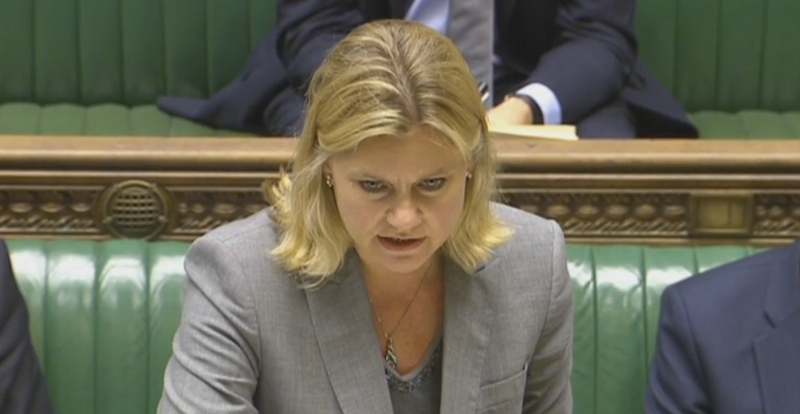
A new wave of state ‘faith’ schools has been approved by the Government as part of its ongoing free schools programme. The British Humanist Association (BHA) has stressed once again that increasing the number of ‘faith’ schools can only lead to more segregation and more discrimination at a time when more efforts should be being taken to bring people from different backgrounds and communities together.
Of the 111 free schools approved today as part of free school wave 12, eight will be designated Church of England schools, one will be a designated Church of England/Roman Catholic school, three will be designated Muslim schools, and three further schools will be registered with a Christian ethos.
The new approvals are the first since the Government consulted last year on plans to scrap the current rules requiring religious free schools to keep at least half of their places open to all local children irrespective of religion or belief. Having boycotted the free school programme in protest at the cap since 2010, the Catholic Education Service (CES) responded to the move by stating its intention to open 40 new fully religiously selective free schools in the coming years. The Church of England also plans to drastically increase the number of its state-funded schools – announcing last year that it hoped to open 125 new schools by 2020.
Whilst this latest wave will still be subject to the 50% cap, at least for now, it is believed that the next wave will be permitted to religiously discriminate in allocating all their places. Existing free schools, including the ones approved today, will also be entitled to do the same.
In addition to the approved religiously designated schools above, three new schools run by the Oasis Academy Trust have been given the go-ahead, none of which are listed as having a religious character. Despite the fact that almost none of its nearly 50 schools are religiously designated or registered with a faith ethos, the Oasis Academy Trust openly states that it is a Christian organisation. It has established churches on the site of its schools, rent-free, and the churches are promoted on the schools’ websites. Chaplains are also employed within its schools and are said to ‘contribute to the curriculum and pedagogy through RE lessons…PSHE education and SMSC education’. The BHA has raised concerns about the appropriateness and transparency of these arrangements in the past, including by submitting both written and oral evidence to a House of Commons Education Committee inquiry on multi-academy trusts last year.
BHA Education Campaigner Jay Harman commented, ‘All the evidence and all the expertise tells us that “faith” schools are bad for integration, bad for social mobility, and unfairly limiting of parents’ access to their local schools. In approving these latest “faith” schools, and signalling its intent to dramatically increase the extent of religious selection in the admissions system, the Government has ignored all this. It has championed the will of the religious lobby over the better interests of children, and further entrenched its now inevitable legacy of a more segregated, more discriminatory education system.’
Notes
For further comment or information please contact BHA Education Campaigns Manager Jay Harman on jay@humanists.uk or 0207 324 3078.
See the full list of approved free schools: https://humanists.uk/wp-content/uploads/2016-02-09-List-of-proposed-Free-Schools.xlsx
Read the BHA’s news item ‘Church of England in bid to open more than 100 new schools: https://humanists.uk/2016/07/11/church-of-england-in-bid-to-open-more-than-one-hundred-new-schools/
Read the BHA’s news item ‘Government approves yet more religious free schools just days after faith school admissions announcement’: https://humanists.uk/2016/09/23/government-approves-yet-more-religious-free-schools-just-days-after-faith-school-admissions-announcement/
Read more about the BHA’s campaigns work on ‘faith’ schools: https://humanists.uk/campaigns/religion-and-schools/faith-schools
The British Humanist Association is the national charity working on behalf of non-religious people who seek to live ethical and fulfilling lives on the basis of reason and humanity. It promotes a secular state and equal treatment in law and policy of everyone, regardless of religion or belief.
